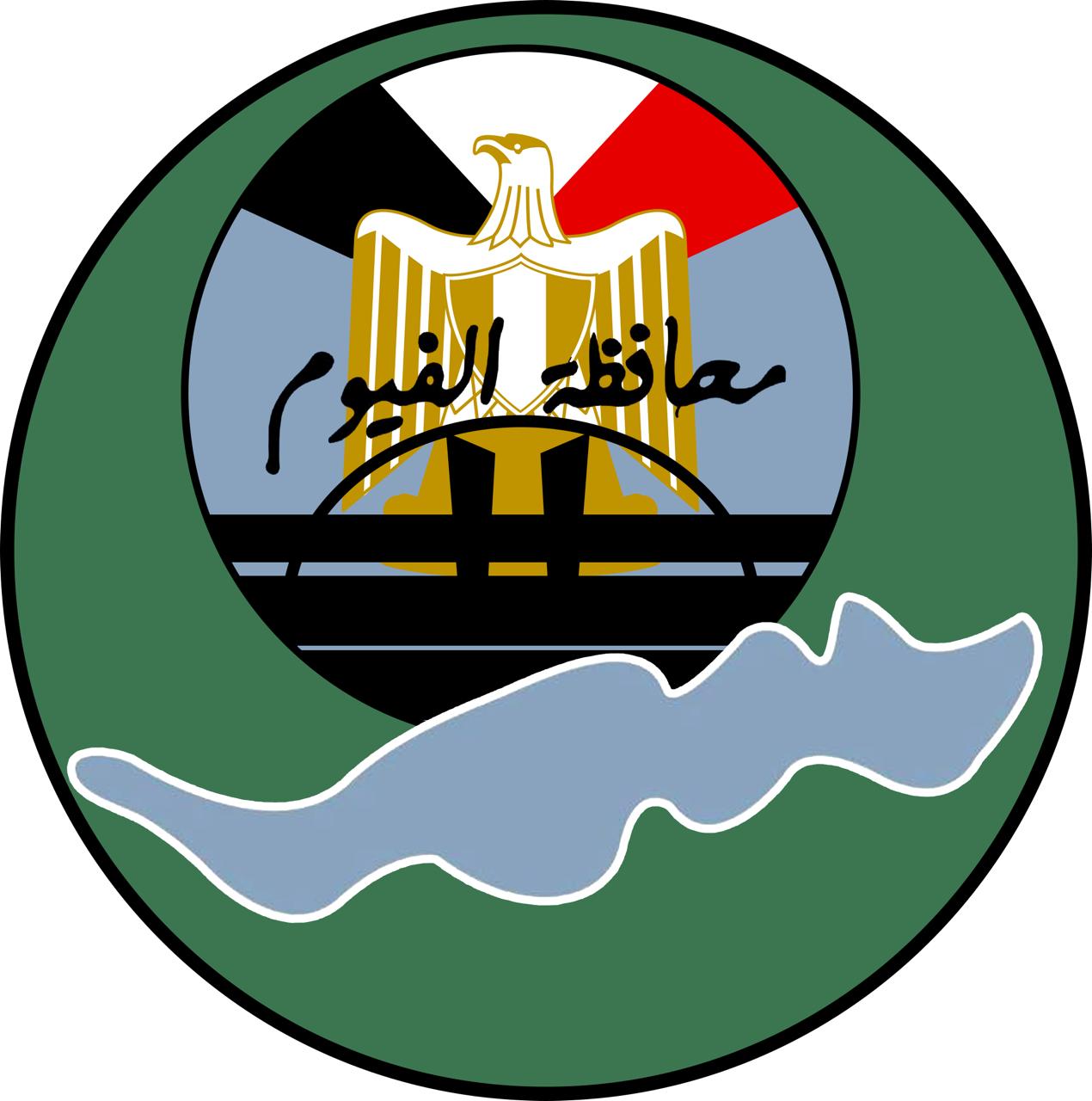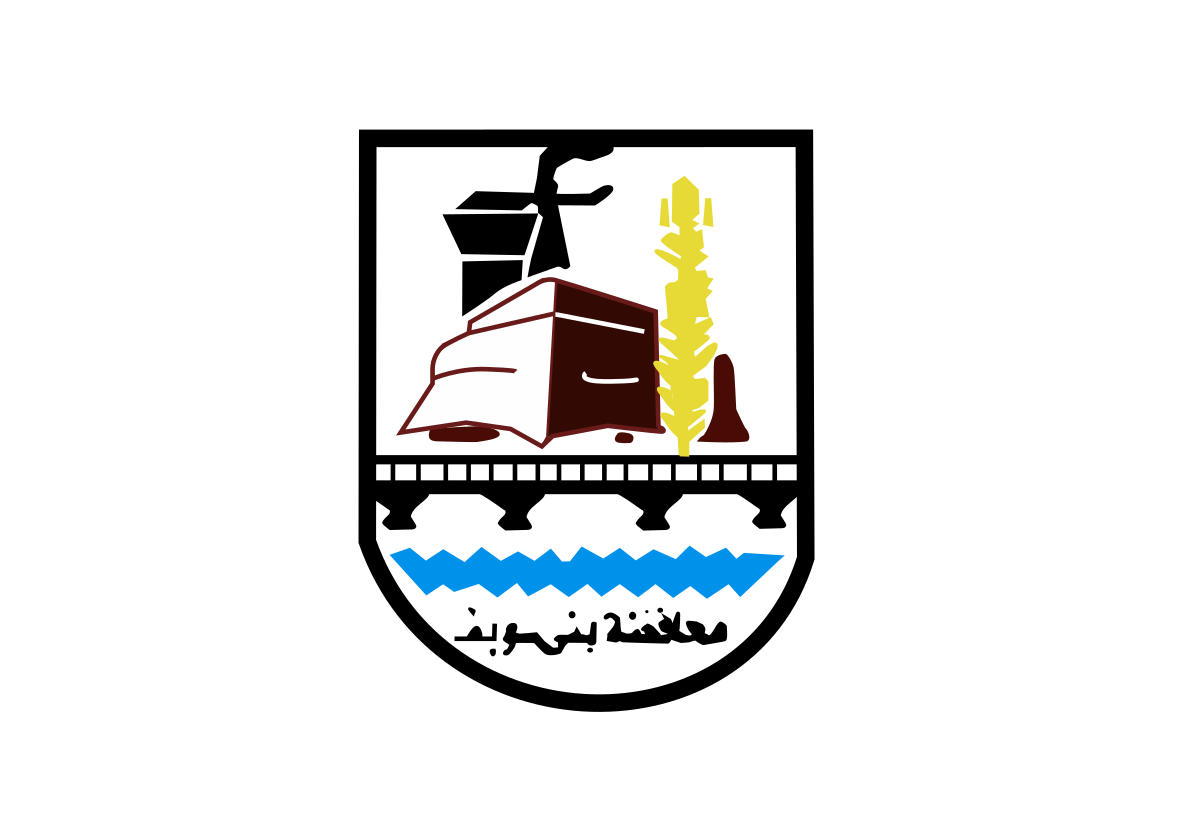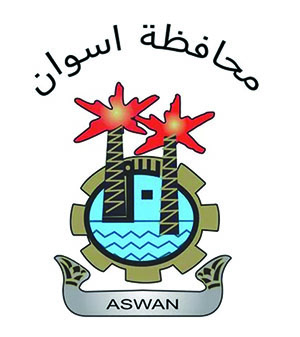Regional observatories for the Sustainable Empowerment Project funded by the European Union
- Home
- Regional observatories for the Sustainable Empowerment Project funded by the European Union

First: About the project
The project "Enhancing the Role of NGOs in Sustainable Development and Climate Action at the Local Level (Sustainable Empowerment)" is implemented by Misr El Kheir Foundation in partnership with four local associations and funded by the European Union. The project aims to empower civil society organizations to play an active role in sustainable development and climate action through capacity building, strengthening governance, supporting community engagement, and achieving effective coordination with local authorities, with a focus on climate and environmental issues, social justice, and the use of digital tools for monitoring and evaluation.
Second: Project objectives
- Strengthening the capacities of civil society organizations in the areas of sustainable development, climate action, good governance, effective management, internal oversight, financial management, and resource mobilization to ensure sustainability.
- Support the participation of civil society organizations and citizens in decision-making processes and assessment of development needs in their communities.
- Strengthening coordination between civil society organizations and local government agencies to implement sustainable development plans and climate action.
- Spread awareness and expand knowledge about the Sustainable Development Goals and climate action among partner associations and target communities.
- Using digital tools to manage sustainable development observatories within NGOs to monitor impact and enhance transparency.
Third: Description of the regional observatories for the Sustainable Empowerment Project
The Regional Observatories are one of the outcomes of the project “Enhancing the Role of NGOs in Sustainable Development and Climate Action (Sustainable Empowerment)”.
Through the project, the observatories seek to monitor and activate the implementation of sustainable development goals and climate action at the national and regional levels, in line with relevant national strategies. They also collect and analyze data, disseminate information, and issue policy papers and reports on relevant issues and facts, in addition to providing a space for interaction and expression of public opinion on these issues.
The observatories constitute a vital tool within the Sustainable Empowerment project, documenting successful practices and facilitating community dialogue between stakeholders from the public, private, and civil society sectors.
Fourth: The general framework of the observatories (the main activities of the observatory)
- Create a database.
- Issuance of the periodical newsletter.
- Issuing fact sheets on the state of sustainable development in Egypt.
- Issuing and publishing policy papers.
- Publish research papers on the issues that the Observatory will address.
- Create an online forum to discuss specific topics.
- Announcing the activities of the Sustainable Empowerment Project.
The regional observatories of the Sustainable Empowerment Project aim to:
- Raising community awareness on sustainable development and climate action issues.
- Building public opinion in support of sustainable development and climate action drives positive change.
- Enhancing coordination and networking among different stakeholders.
- Stimulating knowledge production through reports, policy papers, and research.
- Empowering local and regional communities to express and participate in policy-making.
Fifth: Target group
- Decision makers (parliamentarians, government officials, policy makers, etc.)
- Private sector (civil society organizations)
- Private sector: to stimulate its contribution to sustainable development and sustainable production/consumption issues.
- The public/public opinion interested in development issues and climate action.
- Governorate/regional observatories.
- Youth, students and volunteers at the local and regional levels.



